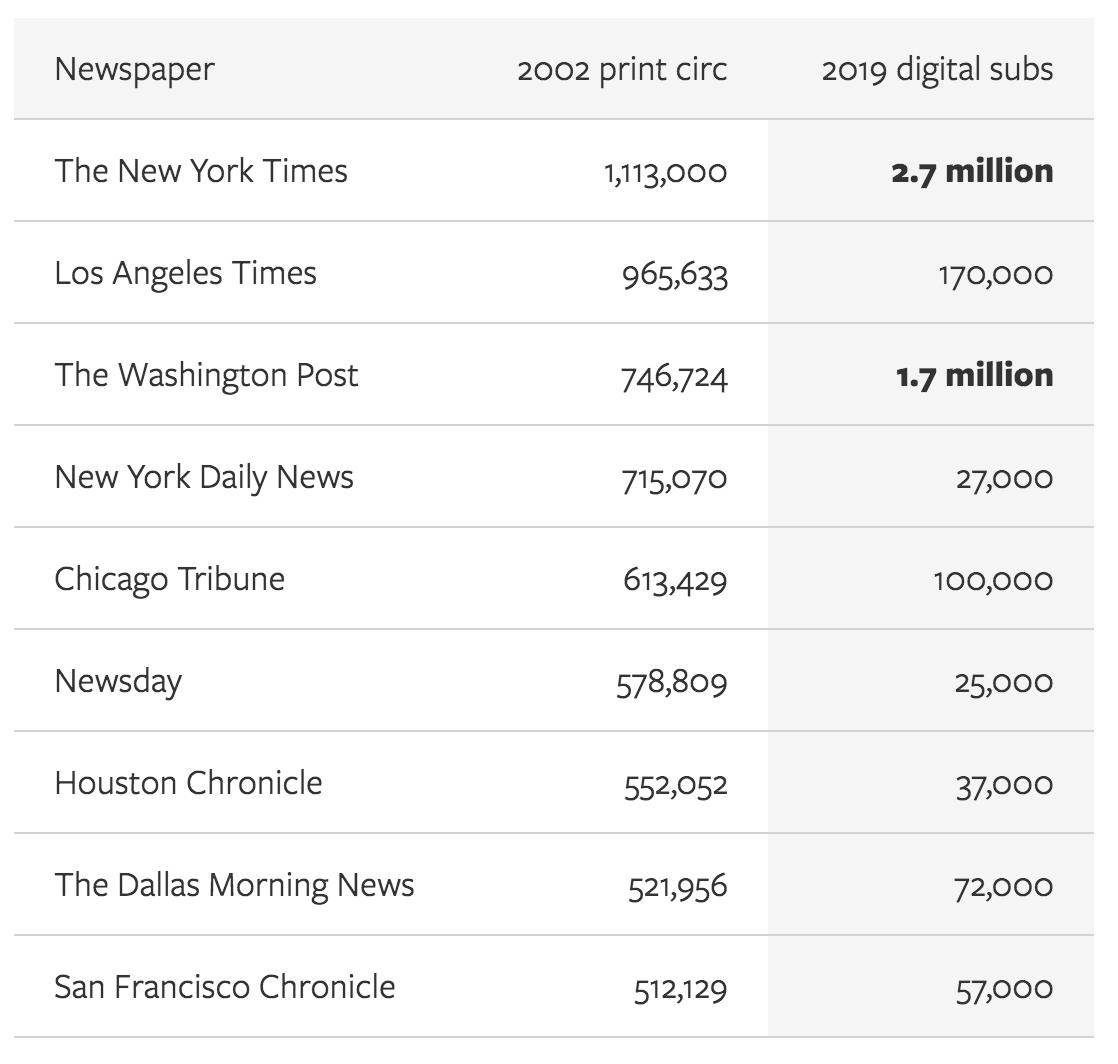Month: August 2019
Pew data on American opinions on this, that, and the other
There has been a 12 percentage point decline in the share of Democrats who view the impact of churches positively (from 50% to 38%); Democrats are now evenly divided in these attitudes (38% positive, 40% negative). In five previous Pew Research Center surveys over the past decade, significantly more Democrats viewed the impact of religious organizations positively than negatively. Republicans continue to view religious organizations much more positively than do Democrats (68% positive in the new survey).
Republicans and Democrats also have moved further apart in opinions about how banks and large corporations affect the country. Half of Republicans say banks and other financial institutions have a positive effect on the U.S., compared with just 27% of Democrats. Two years ago, the partisan gap was less pronounced (46% of Republicans, 33% of Democrats).
Today, Republicans are more than twice as likely than Democrats to say large corporations have a positive effect on the way things are going in the U.S. (45% vs. 17%). In 2016, 34% of Republicans and 26% of Democrats said they had a positive effect.
There are further topics considered at the link. At least labor unions are more popular.
That was then, this is now
Poughkeepsie Journal: “Woodstock 50 festival has been canceled. Set for Aug. 16-18, Woodstock 50 was to memorialize the iconic event many consider to be the top achievement of the 60s counterculture. But there was a failure to secure permits or a venue.”
That is from John Fund on Twitter.
Average is Over: Newspaper Edition
Joshua Benton at the LA Times illustrates average is over for newspapers. On the left the print circulation of major newspapers in 2002. The NYTimes is the leader but other newspapers follow closely behind in a slowly decaying curve likely related to city size. On the right, 2019 digital subscriptions. The NYTimes dominates. Only the Washington Post is even in the same league (The Wall Street Journal, however, should also have made Benton’s list at 1.5 million digital subscribers.) Without classified ads and other local information, for which there are now multiple online substitutes, there isn’t a big demand for local newspapers. News is now national and only a handful of newspapers can survive at national scale. Moreover, the few who can survive at national scale are now so much better than their competitors precisely because they can afford to be better.
Collective reputation matters for firms
This paper uses the 2015 Volkswagen emissions scandal as a natural experiment to provide evidence that collective reputation externalities matter for firms. We find that the Volkswagen scandal reduced the U.S. sales of the other German auto manufacturers—BMW, Mercedes-Benz, and Smart—by about 105,000 vehicles worth $5.2 billion. The decline was principally driven by an adverse reputation spillover, which was reinforced by consumer substitution away from diesel vehicles and was partially offset by substitution away from Volkswagen. These estimates come from a model of vehicle demand, the conclusions of which are also consistent with difference-in-differences estimates. We provide direct evidence on internet search behavior and consumer sentiment displayed on social media to support our interpretation that the estimates reflect a reputation spillover.
That is from a new NBER Working Paper by Ruediger Bachmann, Gabriel Ehrlich, Ying Fan, and Dimitrije Ruzic.
The Venetian electoral college
For more than five centuries (from 1268 to 1797) the procedure to elect the doge (chief of state) did not change.
- Choose 30 members of the Great Council by lot.
- These 30 people are reduced by lot to 9.
- These 9 people choose 40 other people.
- These 40 are reduced by lot to 12.
- These 12 people choose 25 other people.
- These 25 people are reduced by lot to 9.
- These 9 people choose 45 other people.
- These 45 people are reduced by lot to 11.
- These 11 people choose 41 other people.
- These 41 people elect the doge.
Funny that many Americans blame their electoral system for being complicated. You may think what you want about the Venetian system but it guaranteed what was probably the most stable government in the history of mankind.
That is from Alexey Tereshchenko on Quora, cited in this excellent post on the success of Venice.
